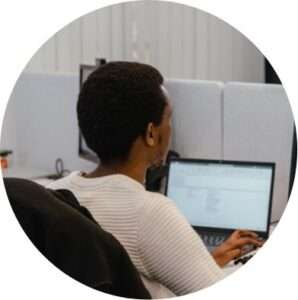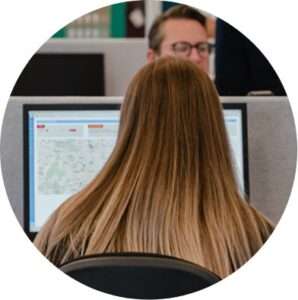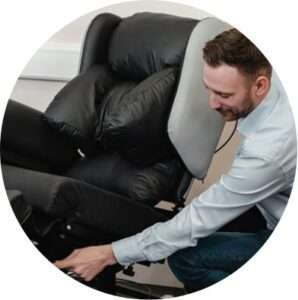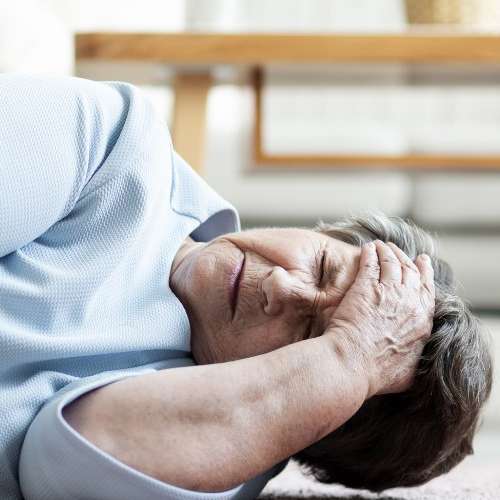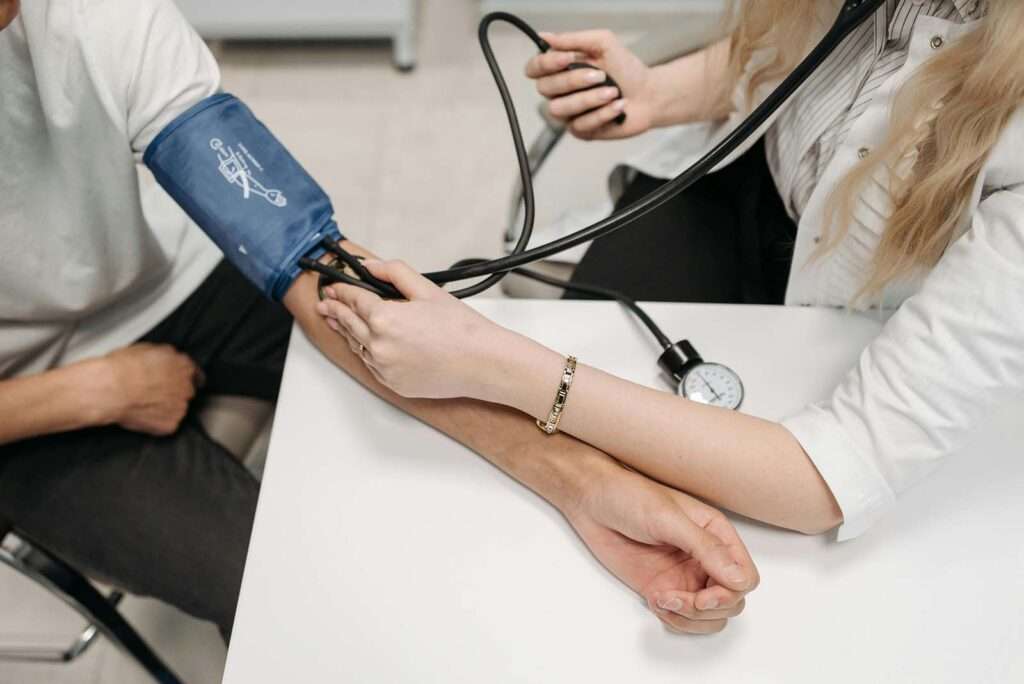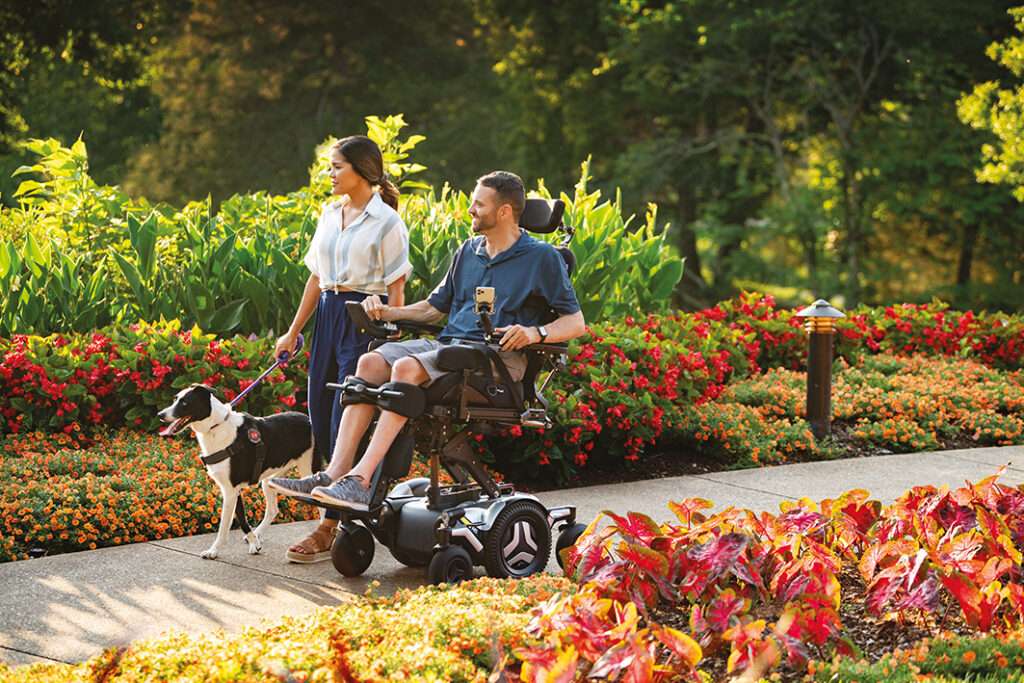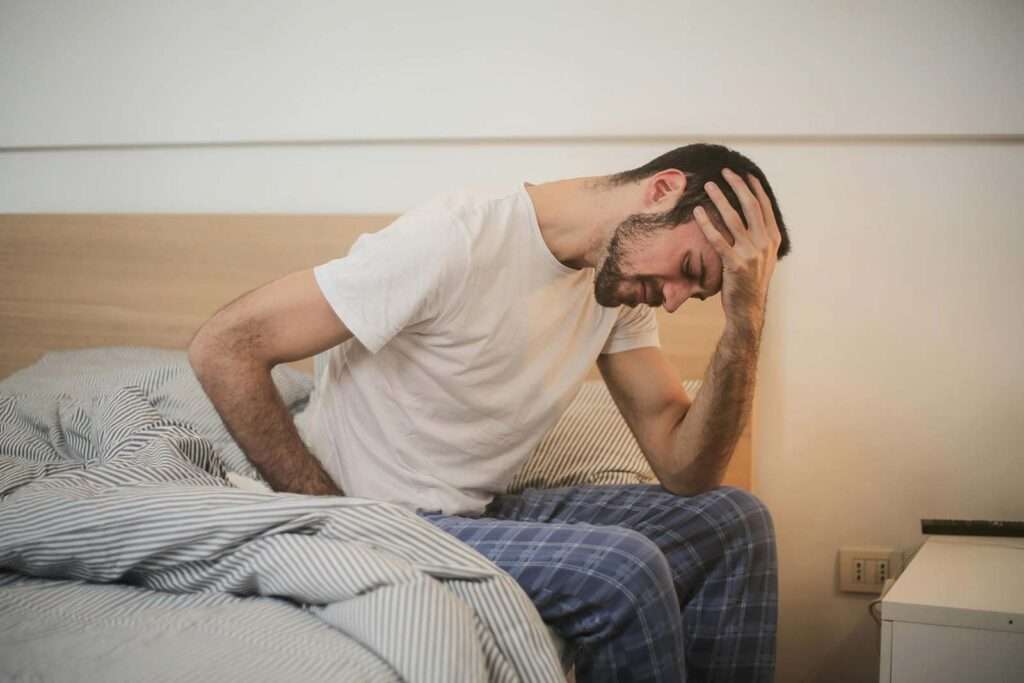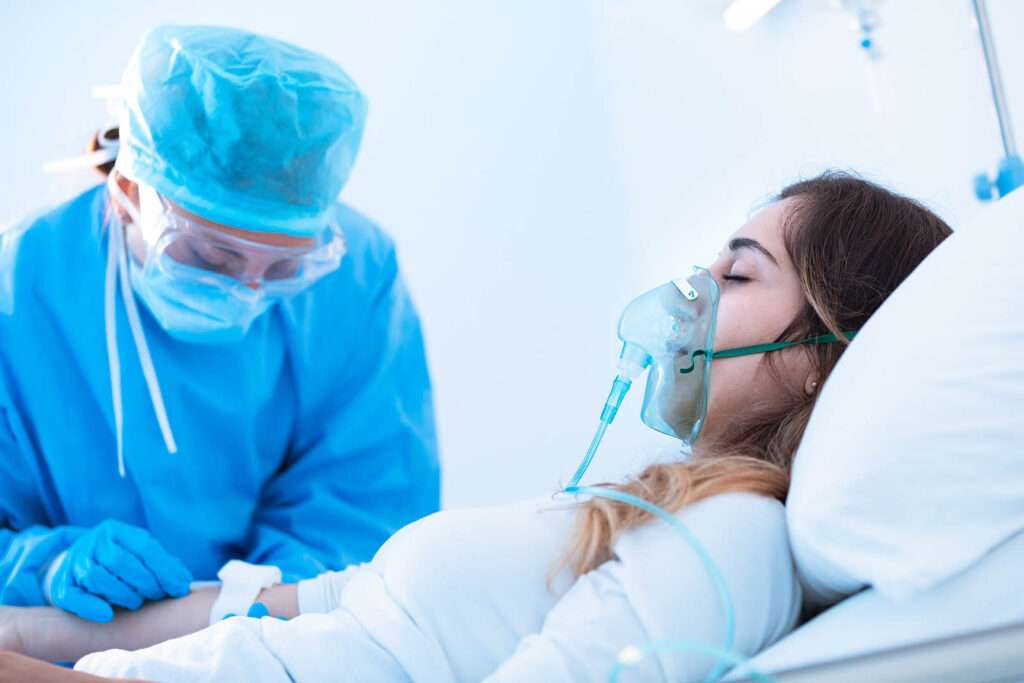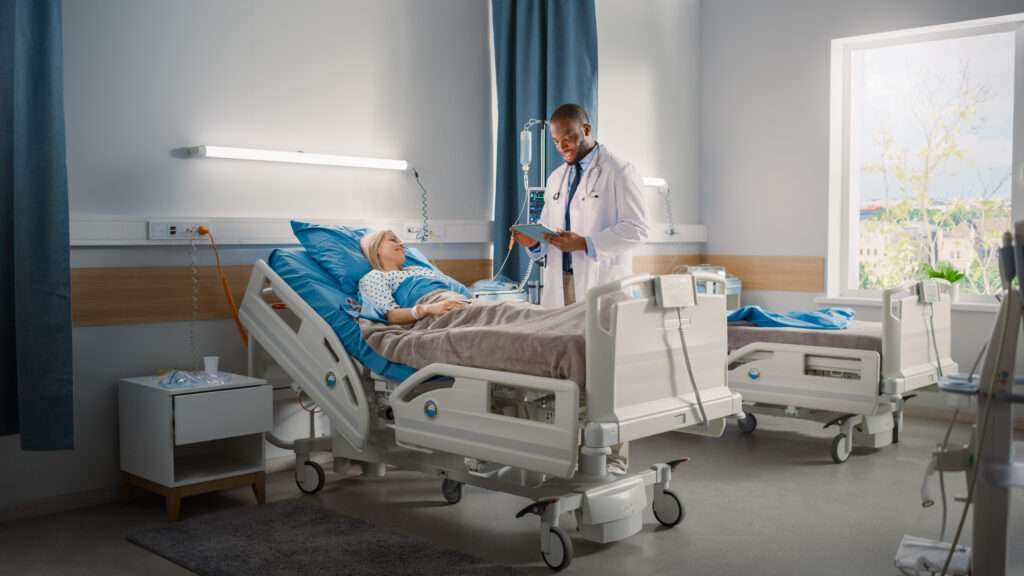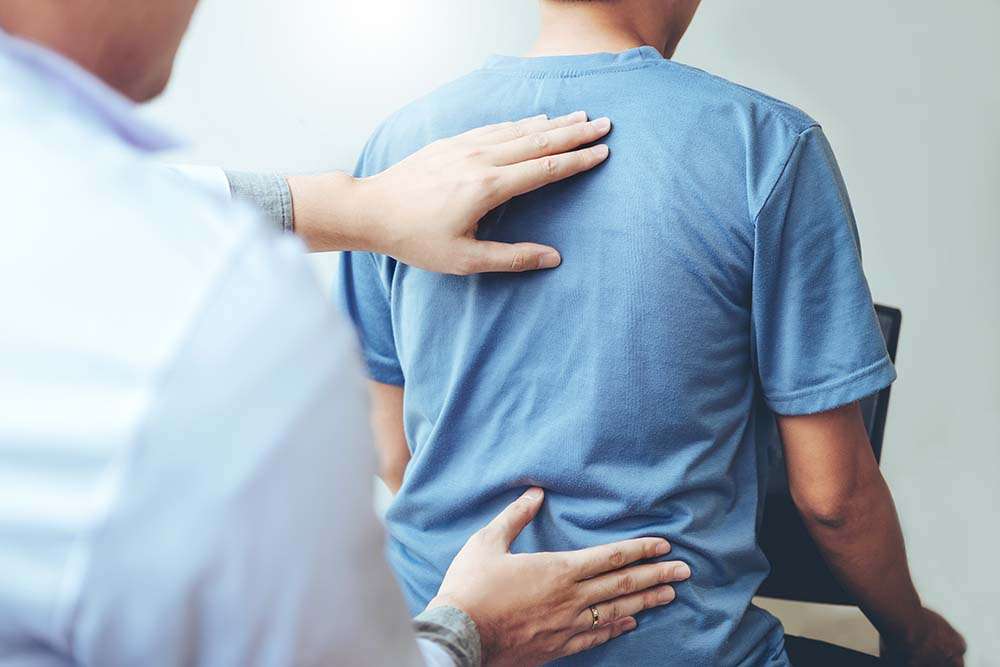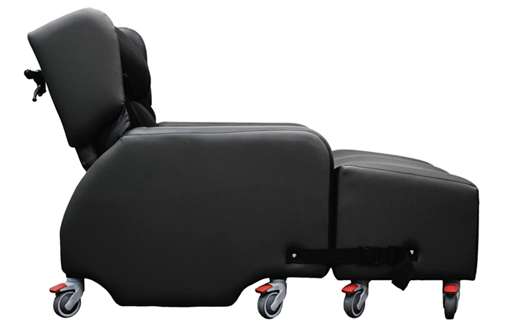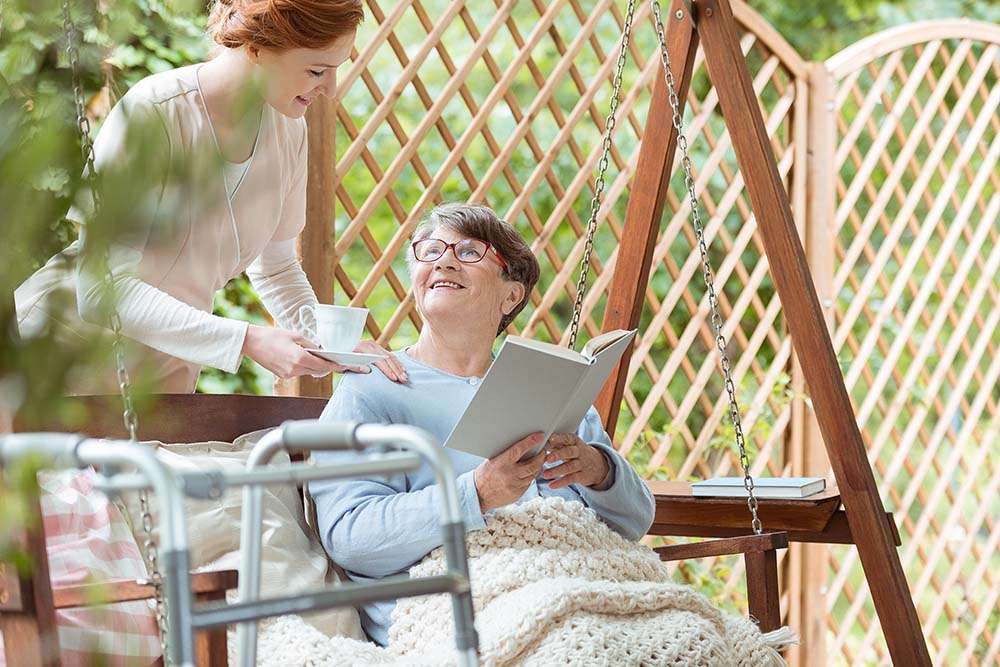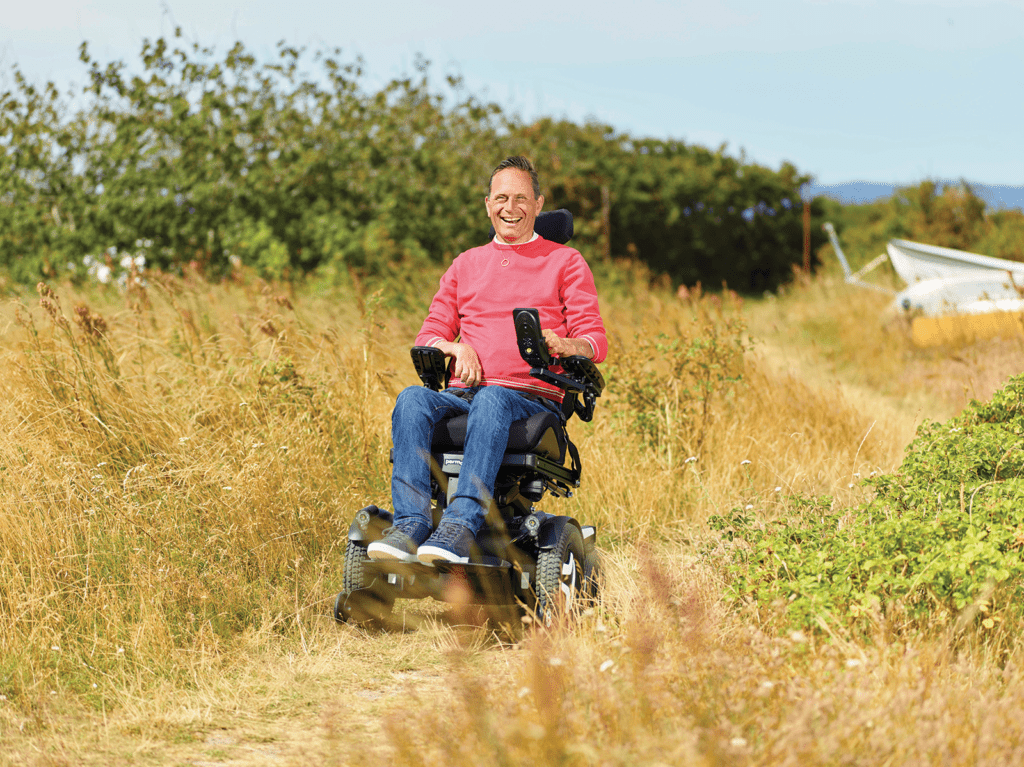Frontline Services Under Immense Strain
NHS frontline services have been under huge strain recently, resulting in longer waiting lists, more ambulance delays and putting extra pressure on community care organisations. Ambulance waiting times have risen by an alarming 88 per cent.
Normally when a fallen person calls 999 the call handler triages the incident and prioritises into three main categories, with falls being prioritised third unless the faller is in a critical condition.
The upcoming ambulance strikes planned for this Christmas will have a significant impact on a system already under huge pressure. As thousands of ambulance workers consider industrial action, millions of elderly and vulnerable will be worried about how to get help in the event of a fall.
Jump straight to...
Defining The Problem
25,000 ambulance workers are due to strike on Dec 21 and 28 affecting all but one Trust in the UK (East of England Ambulance Service).
What this means in reality is that during the strike periods, the ambulance workers still on shift will only be responding to category 1 and 2 “life and limb” calls. Category 3 includes falls, so it is extremely unlikely a fallen person will receive an ambulance or paramedic during these times.
This has been extensively covered recently in the national news, and as a social care issue on a nationwide scale this is something we are taking extremely seriously, and are investing a lot of resource into ways we can alleviate the fallout from this issue.
As we know from our research into the impact of falls, the longer someone is left unattended following a fall, the greater the risk is of them sustaining injuries or damage to their long-term health. With time being the critical factor in assisting fallers, what may appear to be a category 3 issue can rapidly develop into a category 1 issue if the faller is left unattended.
This leaves the elderly and most vulnerable highly exposed in the event of a fall.
At Vivid.Care we are all about solutions and we are tackling this issue head-on to alleviate concern amongst the general public and provide support services with the resource they need.
Who Will Be Affected The Most?
The areas of the public that will be affected most by the ambulance strikes are:
- Elderly and physically impaired in rural locations
- Elderly and physically impaired without residential care
- Elderly and physically impaired without family and friends on hand to support them
If you have an elderly relative who may be at risk this winter, please get in touch with us, as we can help you put in place the support you need to keep your family and friends safe.
Support Strategies
There are a variety of coping mechanisms that can be employed by those affected, used either in combination or alone to help mitigate any potential issues. In providing this list we are trying to cover as many situations as possible so there is a something for everyone.
- Arrange a contract with a First Call Provider to get third party assistance at the press of a button.
- Purchase the Raizer Lifting Chair. Both versions are available in stock now, the Raizer II electrically operated lifting chair, and its more affordable sibling the Raizer M. Used by emergency services and care homes nationwide, private individuals are investing more and more in these life-saving devices.
- Purchase a HipGuard, an inflatable belt that activates if the patients falls and prevents them injuring themselves. It is statistically proven to provide 85% protection against hip fractures (validated by the University of Grenoble-Alpes).
- Establish a support network in the local community. Most residents will be part of a community group or organisation, or even set up a WhatsApp group.
- Visit the local community centre. They are there to address the concerns of local residents, and to harness the collective power of the local community. They may even be able to help finance falls equipment like the Raizer or create an assistance plan for the area.
- Make emergency arrangements with friends and family to be on call at critical times. Group together to purchase a Raizer and share the resource within the group.
The NHS have declared their commitment to helping falls sufferers this winter, as covered in an interview with NHS Chief Executive Amanda Pritchard.
Support Services
Care organisations will also have concerns about how they keep their residents safe and attend to their needs if an ambulance is not available.
Our falls brochure and Raizer video outline the multiple benefits of purchasing Raizers for care homes, sheltered housing and assisted living.
If you want to purchase a Raizer but need to submit this to a spending review panel we have a free justification form you can download for this very purpose.
The Raizer is easy to assemble, use and transport, and needs only one person to operate, so will free up time and resource resulting in reduced cost in your care organisation.
Read about how the Yorkshire Ambulance Service and Humberside Fire Service have benefited immensely from the Raizer lifting chair.
Funding streams have been put in place by the NHS which social care providers can access to improve delivery of care and combat the backlogs faced by the health services in the fallout from the pandemic. The NHS Elective Recovery Fund and Adult Social Care Digital Transformation Fund are two examples of these funding provisions.
If you are a frontline responder, you might be asking:
Where can I:
- get more information? – Call Us on 01423 799960 or request a brochure
- get help to justify the investment in a Raizer? — download our Justification Form
- Find a funding stream? The NHS Elective Recovery Fund and Adult Social Care Digital Transformation Fund
- Watch the Raizer video? View here
What We Are Doing To Help
We are addressing this issue on several fronts to have the largest possible impact and raise the profile of this critical issue.
- We are reaching out to First Call Providers so they can access the right equipment to respond quickly and effectively to calls
- Putting in place affordability schemes to help direct financial resource where the need is greatest
- We have invested in significant levels of stock to ensure the best equipment is available NOW
- We are helping both NHS and community falls team to identify funding streams
- Raising the profile of this issue with the key influencers and decision-makers in Health & Social Care.
- Utilising the power of Integrated Care Boards (ICBs) set up under the NHS long-term plan, to get everyone across the healthcare spectrum around the table and solving this endemic problem
Conclusion
As we have experienced from responses to recent public health crises, for example the Nightingale Hospital rollout at the outbreak of Covid-19, the key to the solution is about having contingency plans in place and being able to integrate the right people and resources together to provide a cohesive strategy.
We are working on all levels to build a coalition of support that will equip care services and local communities with the resource they need to combat falls this winter.
